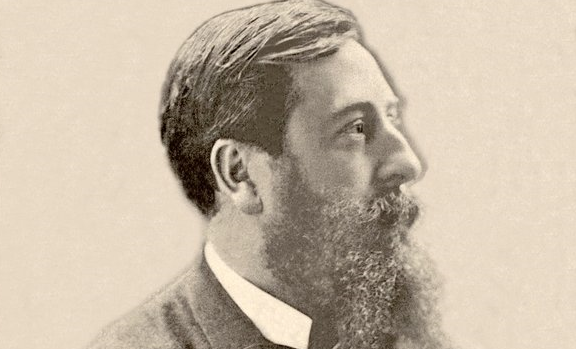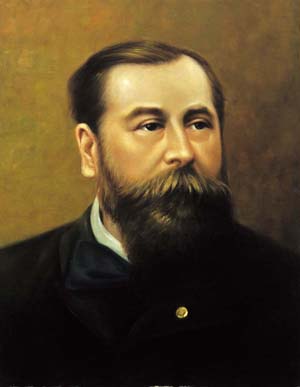Introduction:
Welcome to another exciting chapter of musical biographies! Today, we delve into the life and legacy of the renowned French composer, Léo Delibes. Through his enchanting melodies and captivating compositions, Delibes left an indelible mark on the world of classical music, particularly in the realm of ballet. Join us as we explore the life, influences, and lasting contributions of this musical maestro.
Early Years and Musical Foundation:
Born on February 21, 1836, in Saint-Germain-du-Val, France, Clément Philibert Léo Delibes displayed an innate talent for music from a young age. Raised in a family of musicians, Delibes received a solid musical education, studying at the Paris Conservatoire under revered composers such as François Benoist and Adolphe Adam. His passion for music, coupled with his rigorous training, laid the groundwork for a prolific career that would revolutionize the world of opera and ballet.
Embracing the Ballet:
Delibes’ career gained traction when he began working at the Paris Opéra, where he collaborated with renowned choreographers of the time. His unique ability to craft melodies that seamlessly intertwined with the graceful movements of ballet dancers set him apart. This distinctive talent propelled him to create some of the most celebrated ballet scores in history.
Masterpieces of Melody:
Among Delibes’ notable works, “Coppélia” stands as a testament to his musical brilliance. Premiering in 1870, this ballet exemplified Delibes’ ability to capture the essence of a story through his compositions. From the playful and spirited “Czardas” to the mesmerizing “Valse de la Poupée,” the score of “Coppélia” breathed life into the characters and enchanted audiences worldwide.
Another significant contribution from Delibes was “Sylvia,” a ballet that showcased his ability to blend various musical styles, from delicate pastoral melodies to grand orchestral arrangements. This piece solidified Delibes’ position as a visionary composer, pushing the boundaries of ballet music and influencing future generations.
Legacy and Influence:
Delibes’ impact on the world of music extended beyond his own compositions. His innovative approach to ballet scores inspired and influenced a multitude of composers, including his contemporaries such as Tchaikovsky and Debussy. Delibes’ ability to seamlessly fuse melody and movement paved the way for future ballet composers, leaving an enduring imprint on the art form.
Delibes’ music continues to captivate audiences to this day, with his ballets regularly performed by prestigious companies worldwide. His melodies, characterized by their grace, elegance, and infectious charm, have stood the test of time and remain a testament to his artistic genius.
Conclusion:
Léo Delibes, a true master of melody, forever altered the landscape of ballet music. Through his compositions, he painted vibrant sonic portraits that breathed life into the graceful movements of dancers, elevating the art form to new heights. Delibes’ legacy continues to inspire generations of musicians and ballet enthusiasts, ensuring that his contributions to the world of classical music will be cherished for years to come.


Comments are closed